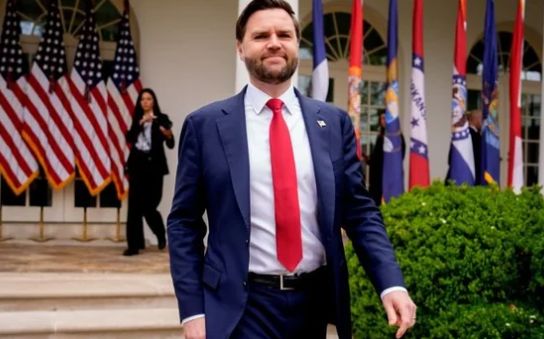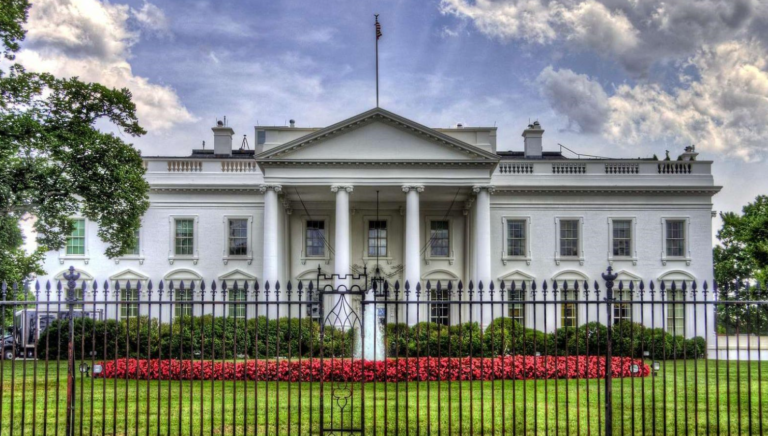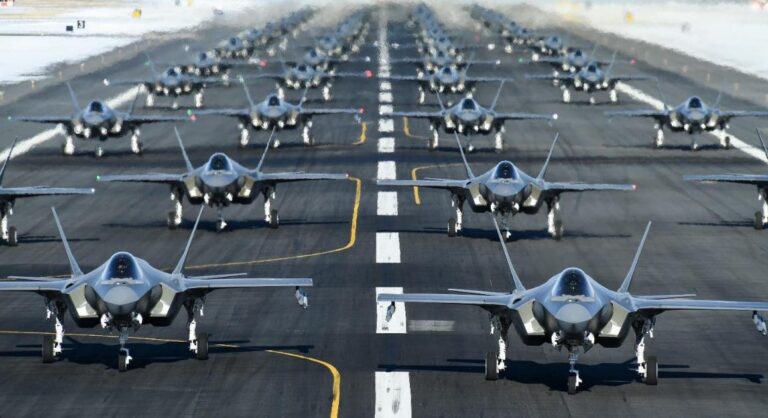
Senator JD Vance has been a staunch defender of former President Donald Trump’s trade policies, particularly the use of tariffs aimed at protecting American manufacturing jobs. In an October 2024 vice-presidential debate, Vance argued that tariffs serve to penalize companies that outsource jobs overseas and countries that employ low-wage labor, thereby undercutting American workers’ wages. He emphasized that such measures are essential to prevent the exploitation of cheap labor and to support domestic employment.
However, Vance’s position has faced criticism from various quarters. In an August 2024 interview, he contended that any consumer costs resulting from tariffs are offset by higher wages, suggesting that the overall impact is beneficial for American workers. He stated, “Anything that you lose on the tariff from the perspective of the consumer, you gain in higher wages, so you’re ultimately much better off.”
Economists, however, have largely disputed this view. Studies indicate that tariffs tend to raise consumer prices without necessarily leading to significant wage increases. For instance, a 2019 study found that the costs of Trump’s tariffs fell entirely on domestic consumers, resulting in a $1.4 billion-per-month reduction in U.S. inflation-adjusted income by the end of 2018.
The debate over tariffs has also sparked public disagreements among prominent figures. On April 9, 2025, Kimbal Musk criticized Vice President JD Vance over the economic impact of tariffs, arguing that they contribute to higher inflation and elevated prices for everyday goods. Musk emphasized the detrimental effects of tariffs on the cost of living, especially for underserved communities.
Furthermore, Vance’s recent comments referring to Chinese citizens as “peasants” during an April 3, 2025 interview have drawn international outrage. These remarks have been widely condemned, with critics highlighting the provocative nature of his rhetoric amid sensitive global economic and political developments.
In summary, while Senator JD Vance remains a vocal proponent of tariffs as a tool to protect American jobs and wages, his views are at odds with mainstream economic analyses and have been a source of public controversy.







